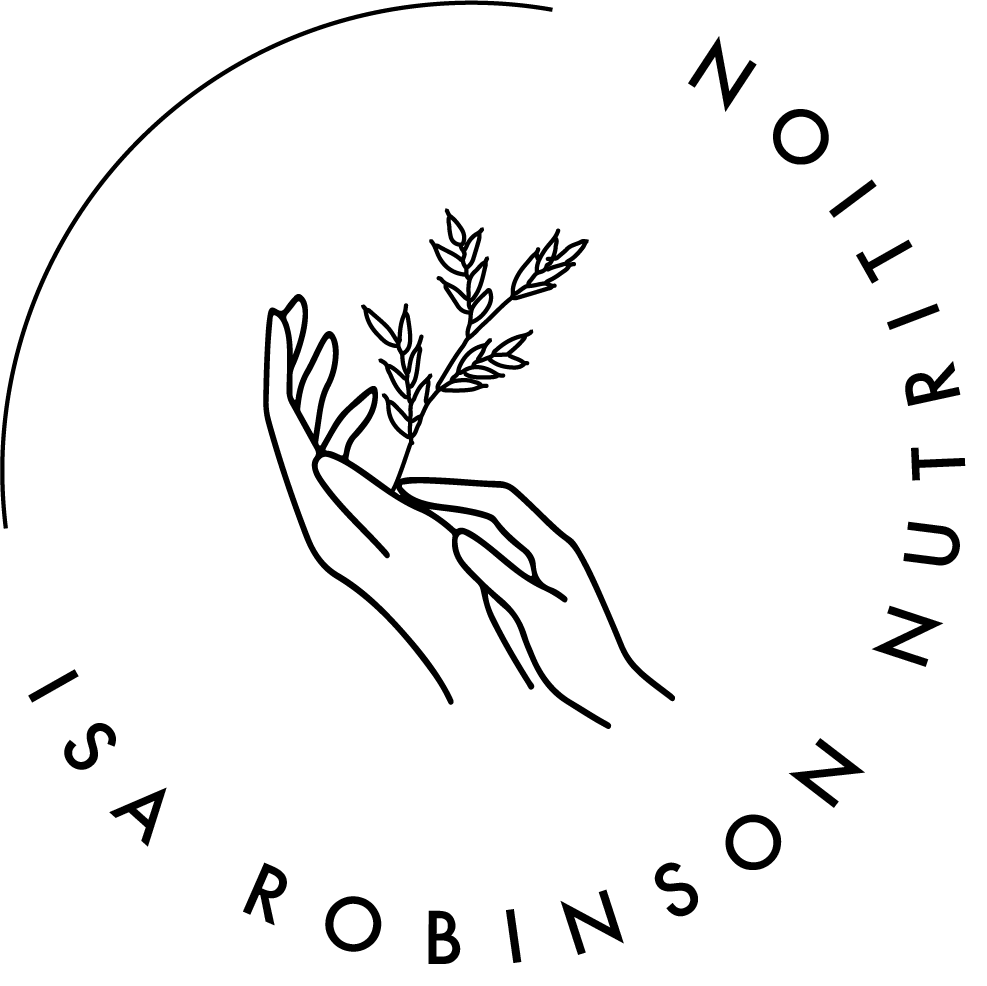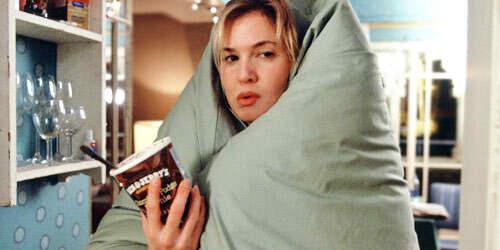Navigating emotional eating
What is emotional eating?
Emotional eating is consuming food in response to feelings or emotional cues. It means that emotions may guide when what and how much we eat, rather than physical hunger cues.
Emotional eating is a completely “normal” part of eating. Food may be used as reward or bribe, it may also be used to calm, soothe, numb or push down difficult emotions. In the grand scheme, there are far more dangerous coping mechanisms we could turn to.
It’s not that emotional eating is “bad” per se, but that it is usually ineffective in helping us manage whatever is going on deep down. For example, if we’re turning to food when we feel sad, lonely or stressed, it’s unlikely that in the long term that it will help us to feel less sad, less stressed or less lonely.
Emotional eating may also become more of a problem when it’s the only tool in our toolbox that we have to manage. Ideally, we want to have a range of different options available to us.
Image: Ravishly. By Adiba Nelson.
Why might we eat for emotional reasons?
Like I mentioned, food has traditionally always been used for emotional reasons.
As children, we may recall being rewarded with food. For example, pudding for cleaning your plate, or sweets at the end of term. We may also have been given food to soothe us like McDonalds after ending up in A&E with a broken bone. As we get older, food continues to be there, the cliché of sobbing into a tub of ice cream after a break up usually comes to mind. Food can be a friend, a release, a relief, a purpose or a way to procrastinate.
Biochemically, eating also results in the production of neurotransmitters. Neurotransmitters are chemical messengers in the body. Think of them like different part of the body sending a quick text to each other to communicate.
Two neurotransmitters worth mentioning are serotonin and dopamine. Serotonin helps to promote appetite regulation, sleep and mood whilst dopamine is linked to motivation and reward. Production of these neurotransmitters is important for good mental and physical wellbeing.
The precursors to these neurotransmitters are amino acids, which are what we absorb when we eat protein. Carbohydrates are also important for the production of serotonin, which may explain why we might get a little moody or “hangry" when omitting carbohydrates from our diet. So, for the most part, food is inherently rewarding and pleasurable, it may temporarily increase mood and make us feel better.
So how can I support myself with emotional eating?
1) Stop seeing it as wrong
Like I mentioned at the beginning, eating for emotional reasons is part and parcel of the human experience, not wrong. I invite you to pause and reflect for a moment, if calories didn’t exist, would eating for emotional reasons be such a bad thing? Like I mentioned, emotional eating will never be a truly effective way of dealing with emotions over time, but it really only becomes a major issue when it’s the only tool in our tool box.
So why all the stress when we emotional eat?
Well firstly, feeling really really full up isn’t pleasant and can be difficult to sit with. In addition, it’s unlikely that the emotions we were feeling have really gone away. But I’m going to add another reason….
Diet culture!
Diet culture is the pervasive culture we live in that links food and eating to morality and promotes one beauty ideal. It’s everything for skinny teas and appetite surpassing lolly pops to “wellness” which claims to be about our health but seems a lot more focussed on physical appearance.
Diet culture promotes restrictive eating. This doesn’t necessarily mean it promotes a few grapes for lunch, but “clean”, keto, paleo etc are all still forms of restrictive eating. Of course then, eating for emotional reasons, especially if these tend to be more palatable foods that don’t fit with the rules set by diet culture will be deemed “bad”. There may also be changes to our weight and shape, or, anxiety and fear around such potential changes. Thanks to diet culture the underlying fear of potentially moving away from the sociocultural ideal of beauty, “health” or perfect eating may induce distress added distress from emotional eating. Important reminder that fluctuations in weight and shape are also normal and will happen throughout our lives.
Going back to the question, if calories or indeed diet culture didn’t exist, we might not feel so distressed about emotional eating. Indeed, we may still feel discomfort and acknowledged that our difficult feelings haven’t gone away. But we may also tell ourselves, “hey, it’s ok. I understand that food is helping you to cope right now”.
It’s interesting that we may rarely remind ourselves of this, but instead berate ourselves.
But does berating ourselves help prevent emotional eating?
Usually, the autopilot self-hatred does little to help with our emotional state, nor prevent us from seeking out other tools to manage emotions. We may instead blame ourselves for lack of willpower or failure.
So what are other ways of coping?
2) Be kind to yourself
Remind yourself that emotional eating is normal and that it’s ok. You are doing what you can right now. I always invite clients to think about how they might talk to someone they really care about or a young child. What might you say to be kind, how my you reassure someone, what tone of voice would you use? How can you apply this to yourself?
3) Identify your needs?
We all have needs. For the purpose of this I’m going to talk about physical and emotional needs. My lists are by no means exhaustive.
Physical needs - food, water, sleep, rest, movement
Emotional needs - sense of self, safety, connection, meaning, purpose
When it comes to thinking about emotional eating. One of the most important things is to make sure we’re not just physically hungry. Given just how pervasive diet culture is, “normal” eating has become diety / disordered eating. More often than not in clinic, I see individuals who think that are experiencing emotional eating are actually just hungry!
4) Stick to a regular eating schedule
Sticking to a regular eating schedule e.g. 3 meals and 2-3 snacks which contain a balance of foods and food groups, will be important to make sure that emotional hunger isn’t being mistaken for physical hunger.
It will also be important to make sure that these are adequate portion sizes, and includes foods that bring you joy. Falling into the trap of “perfect” eating, with lack of play foods that feed the soul means it’s also likely these will be the ones we think we’re emotional eating when really it’s the outcome of restriction. Give yourself permission to enjoy these as part of a varied and balanced diet.
5) Identify your emotions?
Once physical hunger is ruled out. The next step is to try to identify what emotions are coming up. This may sound easy, but sometimes what arises can be far more nuanced than happy or sad. I find the emotional word wheel helpful in identifying what’s coming up. Starting on the inside, work your way outwards to try and identify what you’re feeling.
6) What do you need?
Once you’ve got your emotion, you will be better equipped in knowing how to support yourself.
For example, if it’s loneliness or boredom you might like to do something like call a loved one. If it’s stress, you might what to journal out what you’re really stressed about, and what you may be able to do to manage that stress.
Ask yourself, what do I need in this moment? Is it food? Is it a hot bath, is it a distraction, is it some kind of release or an appointment with your therapist.
Remember that you can still have food. It’s ok and a normal way of coping, but what else might you be able to try too?
7) Distractions
It’s also important to say that feeling all our feels all of the time can be exhausting. Sometimes, rather than getting down to the nitty gritty, it may be important to simply pick a distraction. Food again is one distraction technique, but what else could you try? Some ideas I have are:
Calling a loved one
Painting or filing your nails
Going for a gentle walk
Crosswords or Sudoku
Netflix
Journaling
8) Building up your toolbox
Like I said, food is a tool that can always be in our toolbox, but what else can we add?
This might be ways to increase self-care or to relax like mindfulness practices, hot baths and time spent cuddling pets. It may also be some positive distractions like some of the ones I mentioned above. Sensory items may also help like stress balls or calming aromas from a candle or essential oils. Distraction techniques can help put space between feeling painful emotions and using food. For example, before turning to food, can you try something else first e.g. commit to a hot shower, or a 5 minute guided meditation, if you still need the food after, that’s more than ok and you know it’s there.
9) Double reminder - be kind to yourself
Double reminder because it’s so important. It’s ok if you eat for emotional reasons, it’s normal.
Be kind to yourself, you are doing the best you can!



